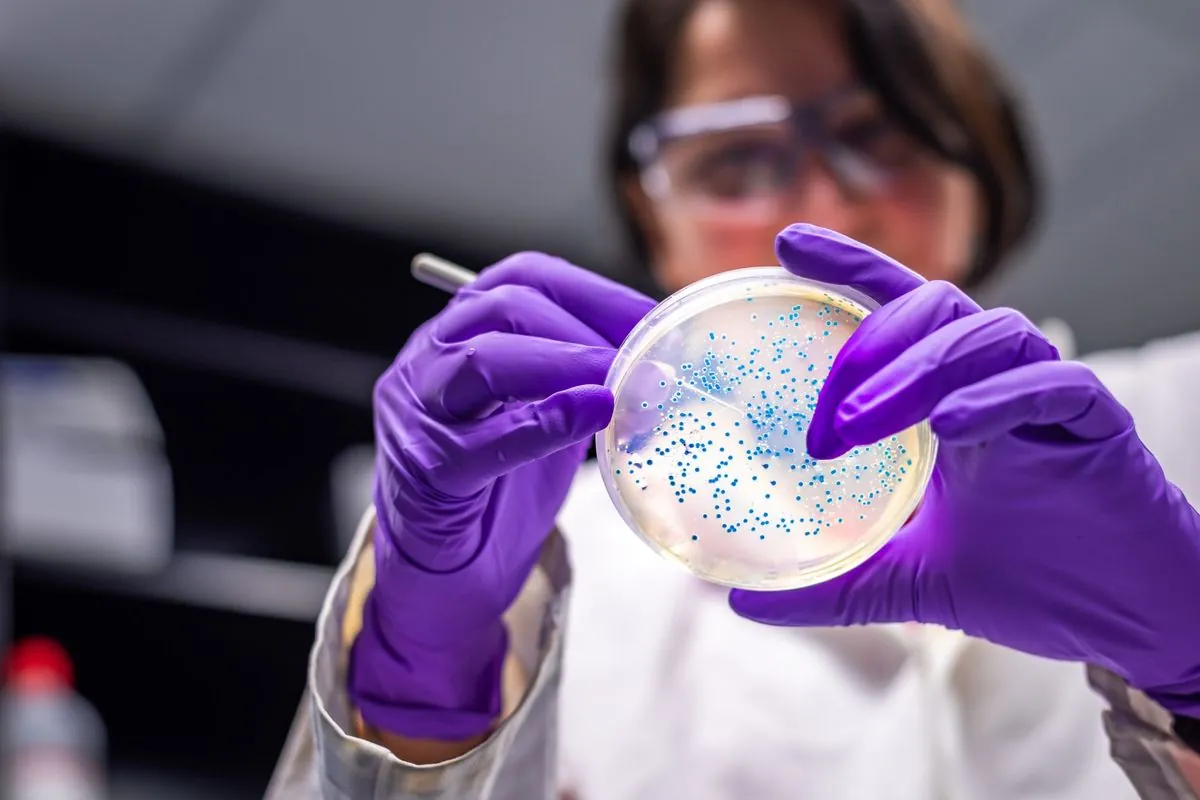A comprehensive analysis of antimicrobial resistance (AMR) has unveiled alarming projections for the future of global health. Researchers predict that by 2050, approximately 1.91 million people annually could succumb to antibiotic-resistant infections, highlighting the urgent need for action against this growing threat.
The study, conducted by the Global Research on Antimicrobial Resistance project, examined AMR-related deaths from 1990 to 2021. During this period, over one million people died yearly from these infections. The research team, led by the University of Washington, estimates that between now and 2050, AMR could claim the lives of more than 39 million individuals worldwide.
Dr. Mohsen Naghavi, the study's author and team leader at the Institute of Health Metrics (IHME), emphasized the significance of the findings: "Antimicrobial medicines are one of the cornerstones of modern healthcare and increasing resistance to them is a major cause for concern. These findings highlight that AMR has been a significant global health threat for decades and that this threat is growing."
The analysis revealed contrasting trends across age groups. While AMR-related deaths among children under five decreased by 50% since 1990, they surged by over 80% in individuals aged 70 and older. This shift underscores the complex nature of the AMR challenge and the need for targeted interventions.
Dr. Kevin Ikuta of the University of California Los Angeles (UCLA) and affiliate professor at IHME, noted the importance of addressing this demographic shift: "Now is the time to act to protect people around the world from the threat posed by AMR."
The study's methodology was comprehensive, incorporating data from 204 countries and territories. It examined 22 pathogens, 84 pathogen-drug combinations, and 11 infectious conditions, utilizing diverse sources such as hospital records, death certificates, and antibiotic usage data.
"By 2050, resistant infections could be involved in some eight million deaths each year, either as the direct cause of death or as a contributing factor. To prevent this from becoming a deadly reality, we urgently need new strategies to decrease the risk of severe infections through vaccines, new drugs, improved healthcare, better access to existing antibiotics and guidance on how to use them most effectively."
The research indicates that South Asia may face the highest burden, with a projected 11.8 million AMR-related deaths between 2025 and 2050. This regional disparity highlights the need for global cooperation in addressing the AMR crisis.
Dr. Colin Brown, deputy director at UKHSA responsible for AMR, stressed the immediate nature of the threat: "This report is another reminder that antibiotic resistance is a threat to all of us – not just in the future but now. If more infections continue to become resistant to treatment, lives will continue to be lost and we need universal action to turn this tide."
To combat AMR effectively, a multifaceted approach is crucial. This includes developing new antibiotics, improving infection prevention measures, and promoting responsible antibiotic use. The "One Health" approach, recognizing the interconnection between human, animal, and environmental health, is gaining traction in addressing AMR comprehensively.
As the world grapples with this escalating health crisis, individual actions can make a difference. Dr. Brown advises, "We can all help by only taking antibiotics if you have been told to do so by a healthcare professional. Do not save some for later or share them with friends and family. Treat antibiotics with respect and they will be there to help us all in the future."
The findings of this study serve as a stark reminder of the critical importance of addressing antimicrobial resistance. As we approach 2050, the global community must unite in its efforts to mitigate this threat and safeguard the future of modern medicine.
